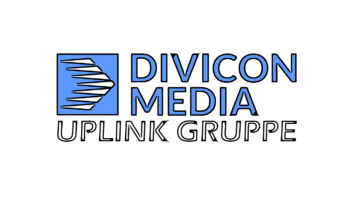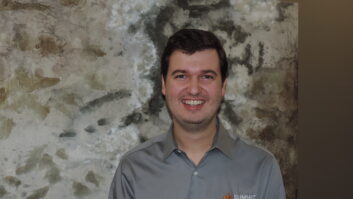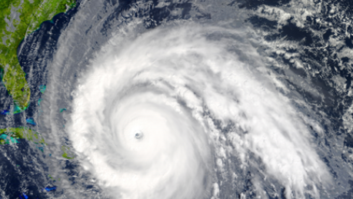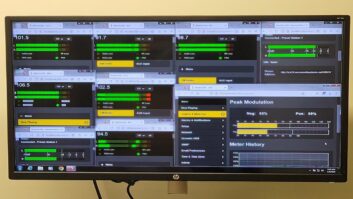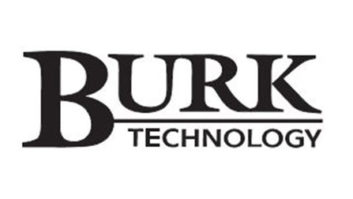WorldCast Systems has said that a massive implementation of its SmartFM technology in Germany by Uplink Network GmbH — now approaching 1,000 transmitters — is “a major step towards the decarbonization of FM broadcast in Germany.”
The manufacturer says its AI-based SmartFM technology enables broadcasters that use its Ecreso transmitters to reduce energy consumption by up to 40%. A 10 kW FM using an Ecreso transmitter with SmartFM could save 824 MWh over 10 years compared to an older transmitter with 55% efficiency.
The tool predicts human perception of audio quality at the limit of coverage and depending on content characteristics. According to WorldCast, after a psychoacoustic algorithm qualifies the robustness of audio content to perturbations, SmartFM dynamically changes the RF output power in relation to broadcast content.
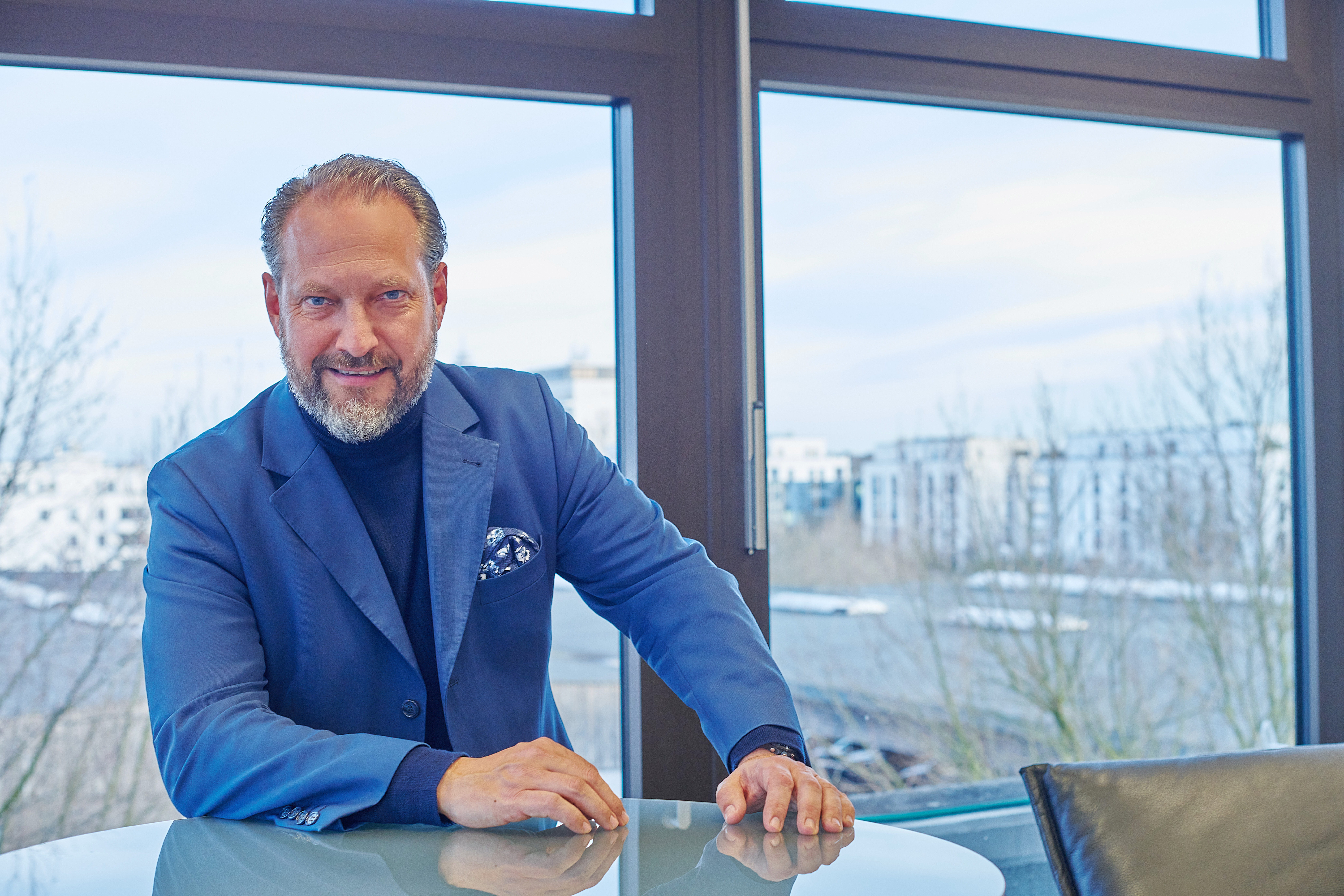
In Radio World’s latest ebook “Artificial Intelligence in Radio,” we asked Michael Radomski, CEO of Uplink Group, about the large project.
Radio World: What stations are served by this rollout?
Michael Radomski: Uplink Group is the market leader for FM broadcasting in Germany and supplies about 50% of the private and a large portion of the public broadcasters. We operate almost 900 FM frequencies at approximately 600 locations; among them are all large radio towers in Germany, e.g. in Berlin, Munich, Hamburg, Stuttgart, Düsseldorf etc.
We run those FM frequencies exclusively with transmitters from French producer WorldCast Systems, ranging from 100 to 10,000 watts transmission energy. They serve private radio groups such as Regiocast Group, TopRadio Group, Hit Radio FFH, Radio NRW, ATSW Group, Metropol FM, Schlager Radio and others, as well as public radio entities like DeutschlandRadio, NDR-MV, RBB, SR, WDR and Thüringer Landesmedienanstalt.
RW: How did it come about?
Radomski: WorldCast Systems had said that Uplink would see significant energy savings through a chargeable software update to its modern FM transmitters called SmartFM. The specialists at Uplink initially were skeptical, since a reduction in transmission energy always has an impact on transmission quality.
We held long discussions and conducted many laboratory tests and later extensive field tests. After that there were some improvements to the software for the special regulatory requirements of the German market and of course deep commercial considerations.
At the end it became obvious that SmartFM is a real game-changer in broadcasting. Understanding this, Uplink then took on the task of convincing its customers in Germany of the advantages of SmartFM
RW: When was this work done?
Radomski: Uplink started an extensive and technically detailed test phase with public service customer DeutschlandRadio — in the end, representing a total of 220 FM frequencies — in July 2020. In October 2021, the gradual conversion of other customers was started. Today most customers in Germany have switched.
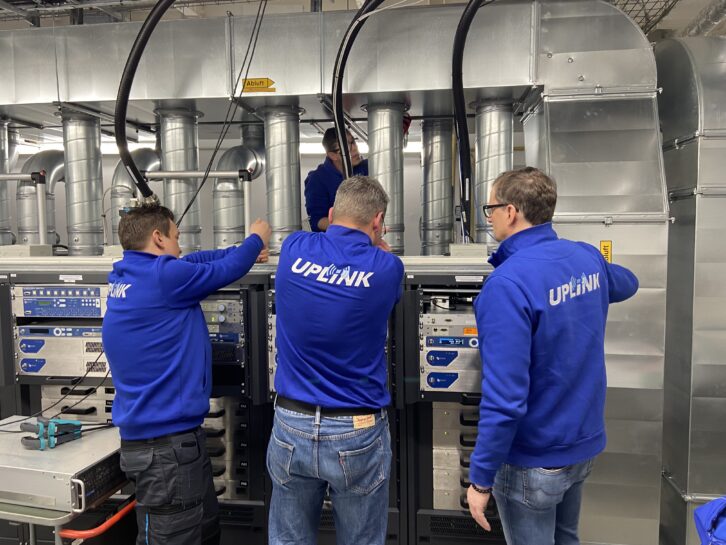
RW: Who led the technical project and who else was involved?
Radomski: On the market side, Thomas Weiner, the COO of the Uplink Group, and his team laid the foundations for the introduction of SmartFM in Germany. On the WorldCast Systems side, the key people were Gregory Mercier Diaz, the director of product marketing and pre/post sales support, and Christophe Poulain, co-president of WorldCast Group.
Uplink established the SmartFM project in Germany as one of the first transmitter network operators worldwide. This would not have been possible without a trustful and multi-stage cooperation between Uplink and WorldCast. At the end, strong reservations of the customers and national peculiarities in regulation had to be solved together. It was a highly time-consuming process.
RW: What would a fellow radio manager find most interesting about this?
Radomski: SmartFM offers transmitters from WorldCast Systems the possibility of subsequent optimization of energy consumption. This optimization is carried out purely on the software side and without any modifications to the hardware. The use of SmartFM significantly reduces energy consumption while maintaining the same transmission quality. Energy costs and the CO2 footprint for broadcasting are significantly reduced. The return on investment for using SmartFM is easy to calculate, with the amount also depending on national regulations, the transmission power and the type of program content.
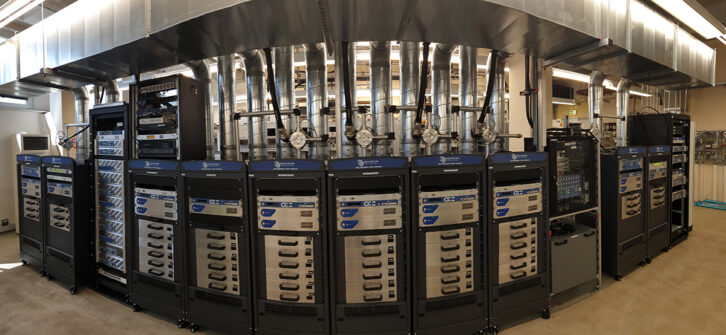
RW: What particular problems or challenges had to be overcome?
Radomski: The core challenge was to convince our customers that SmartFM does not entail a loss of quality. It was expected that a reduction in transmission power would automatically result in a reduction in range and quality. In the end, we were only able to provide proof to the contrary through a large-scale field test with many complex measurements. After that, the willingness of our customers to use SmartFM became very good.
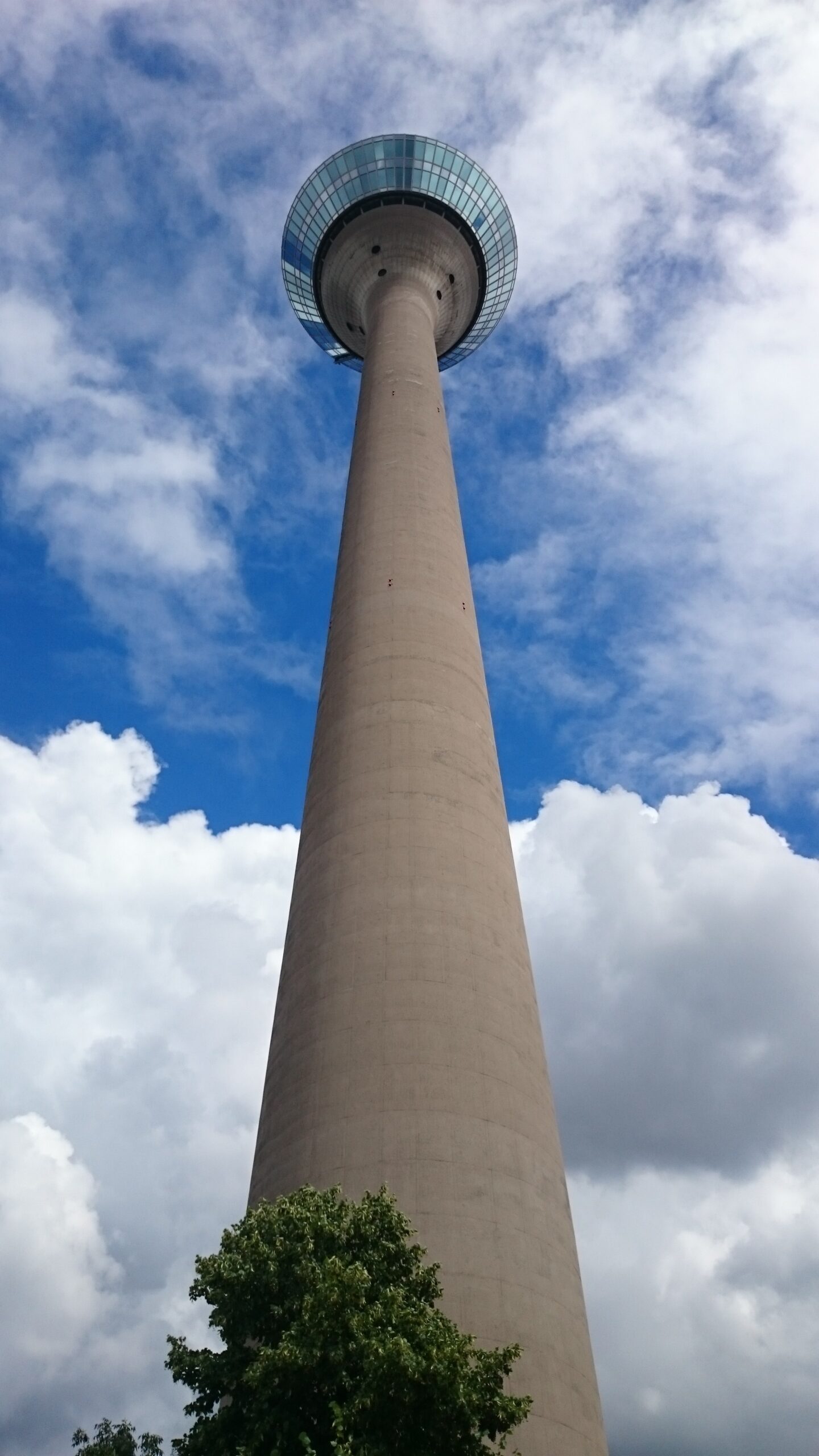
In addition, the technical requirements for FM operation in Germany are particularly high by the supervisory authority, the Bundesnetzagentur, compared to those in other European countries, e.g. the multiplex power limit in Germany is 0.0 dBr. Since SmartFM has a particularly strong effect in this technical area, the average savings potential in Germany is lower than elsewhere.
One of the most interesting aspects of SmartFM is that the integration of this function is completely software-based. No hardware changes or work are required for the tremendous savings achieved with this feature. The necessary software updates can be carried out remotely via online access.
RW: What else should we know about the project?
Weiner: We would particularly like to emphasize the good cooperation between the Uplink Group and WorldCast Systems.
To date, about 1,000 transmitters with spare parts and more than 1,000 other components have been delivered to us. In such a close partnership there are always unexpected challenges. We would therefore particularly like to recognize the willingness of WorldCast Systems and the management to always find a constructive solution to problems and obstacles.
In addition, the SmartFM function shows how an entire fleet of transmitters can be subsequently expanded with useful functions through software updates. In this sense WorldCast is on a par with electric vehicle manufacturer Tesla, which can equip its cars with new functions only through software updates and without the vehicle having to go back to the factory.





